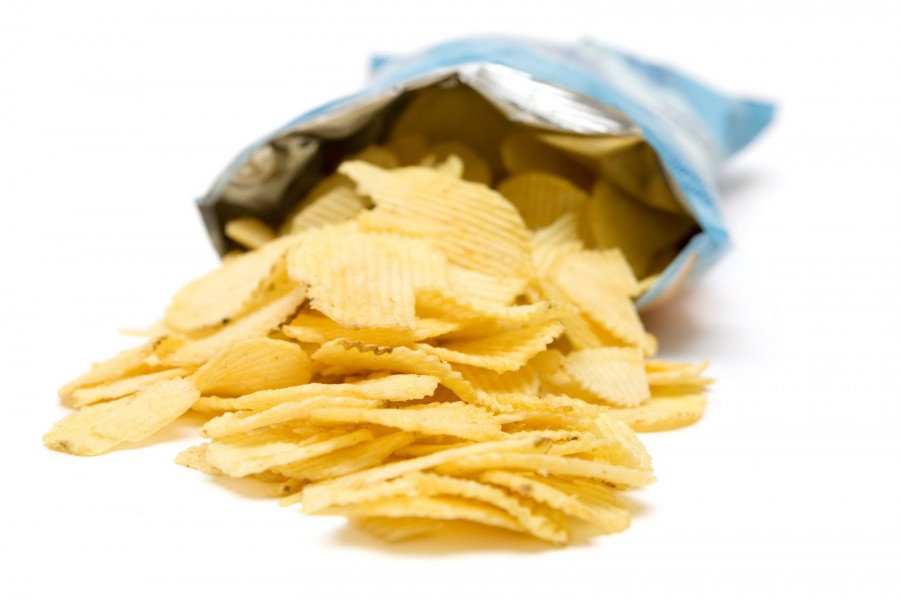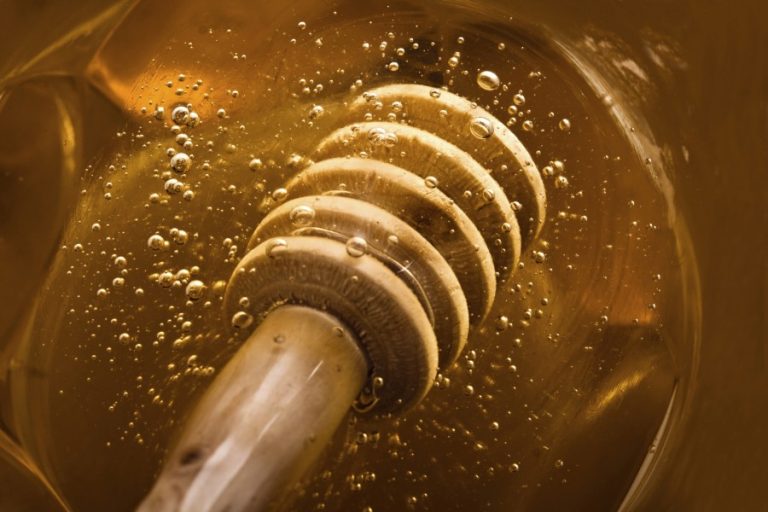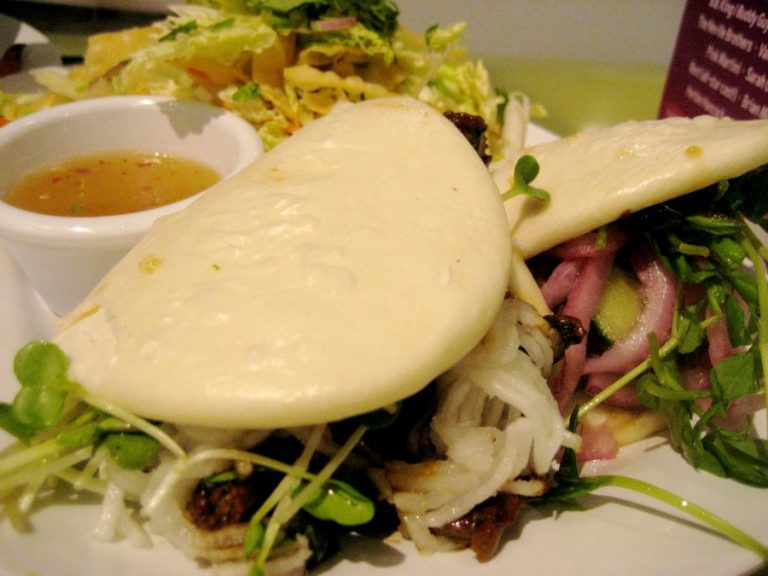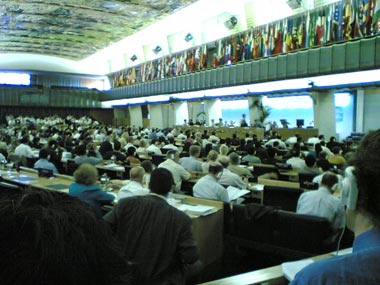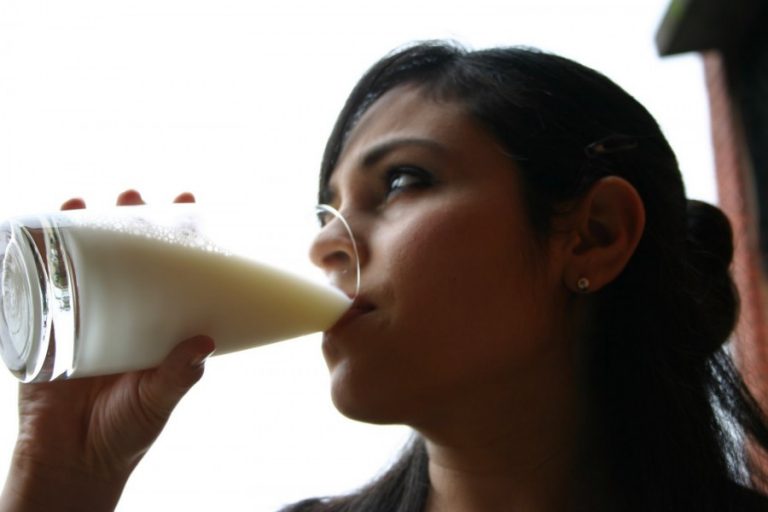Universal Studios Bans Trans Fats From Menus
Well at least something good today. Last week there were over 90 percent of foods at Universal Studios in Florida and Hollywood were cooked with trans fat-free oils. Others snacks will be trans fat-free by the end of next year. Customers also have more healthy side options, too, including salads and fruit bowls. Trans fats give food a longer shelf life, but also increase the risk of heart disease by raising the level of bad cholesterol in the blood.
Read more…. UNIVERSAL CITY, Calif. — The early reviews are mostly positive at the Universal Studios theme park in Hollywood where the menu changed on Christmas Eve to cut unhealthy trans fats from many junk food favorites.
Twelve-year-old Jack Xu noticed something different about his french fry. “It tastes drier and not too salty,” he said, then added: “I still like it.”
The self-described junk food addict, an exchange student from Beijing who’s visited the park before, was on a field trip this week and enjoying a basket of chicken tenders and fries.
Universal Parks & Resorts, home to movie-inspired thrill rides, is the latest theme park operation to ban artery-clogging trans fats and offer healthier menus at its three domestic attractions in California and Florida. The action follows entertainment giant Walt Disney Co., which announced in October it will serve more nutritious kids’ meals and phase out the artificial fats at its resorts.
Last week, over 90 percent of foods at Universal Studios Florida, Islands of Adventure in Florida and Universal Hollywood were cooked with trans fat-free oils. Others snacks such as the churro, a Spanish fried-dough pastry, will be trans fat-free by the end of next year, said Ric Florell, a senior vice president with Universal Orlando Resort.
Customers also have more healthy side options, too, including salads and fruit bowls.
Florell said the goal is to give customers options and not dictate what to eat.
“If guests come in, they’re not forced to have fruit if their little hearts desire french fries,” he said. But if they insist on fries, those will be trans fat-free.
Trans fats are made when manufacturers add hydrogen to vegetable oil in a process called hydrogenation. Although they’re cheaper to produce and give food a longer shelf life, trans fats also increase the risk of heart disease by raising the level of bad cholesterol in the blood.
The average American eats almost 5 pounds of trans fats a year.
At Universal Studios Hollywood, Xu’s teacher Michael Fang welcomed the healthier alternatives. Since his students want to hit as many heart-thumping rides as possible, Fang usually buys them fast food because it’s cheap and convenient.
Now the food is healthier, and Fang says the taste is just as good.
“I can’t even tell the difference,” he said, munching on a fried chicken leg.
The healthy options are also important to Todd Medwed, whose family often visits to ride the rollercoasters and tour the backlot studio.
“It’s better for everybody. It’s healthier,” he said as he watched his 6-year-old son Blake eat a salad.
Food scientists at Universal experimented for months to find trans fat alternatives, holding blind taste tests with customers and using their feedback to create menus with more variety, including fruit juices and skim milk.
Earlier this month, New York City became the first U.S. city to ban artificial trans fats in restaurant foods. Nationwide, trans fats must be listed on packaged foods.
Since Disney’s venture into healthier eating at its global theme parks, it has received positive feedback from parents, with more than half choosing fruits and low-fat milk over french fries and soda, said Mary Niven, a vice president with the Disneyland Resort in Anaheim.
The ESPN Zone restaurant there and the ABC Commissary at Walt Disney World Resort currently fry chicken, fish and french fries without trans fats and the ingredient will be cut from all eateries by next year.
As for Universal, it will monitor the progress of its trans fat ban in the United States before deciding whether to expand it to overseas theme parks. Universal’s Florell declined to say how much the switch in oils would cost the company, but said it would be “a little more expensive.”
Besides Disney and Universal, SeaWorld Orlando also pledged earlier this year to limit fats and calories in some meals and created a whole food restaurant where food is prepared without trans fats and preservatives.
Source: http://www.chron.com/disp/story.mpl/ap/health/4429594.html
